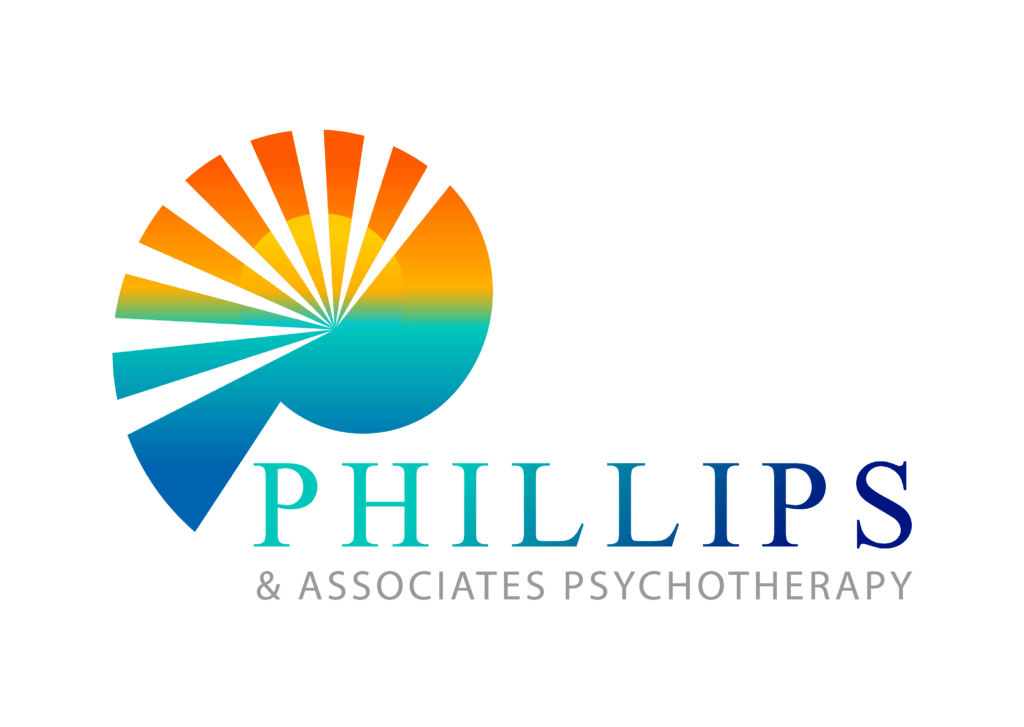When life becomes overwhelming, and the weight of past traumas, anxieties, and depressive thoughts start to take their toll, it’s essential to remember the power of self-care. At Phillips Psychotherapy, we understand the unique challenges that come with managing PTSD, anxiety, and depression, and we’re here to guide you on your journey toward healing and self-discovery.
1. Establish a Routine
One of the first steps in managing PTSD, anxiety, and depression is to establish a consistent daily routine. A structured schedule can provide a sense of stability and predictability, which can be particularly helpful for individuals with PTSD. It can also create a framework for incorporating other self-care practices into your day.
2. Practice Mindfulness and Meditation
Mindfulness and meditation are proven techniques that can help calm the mind, reduce stress, and improve overall well-being. Incorporate mindful breathing, progressive muscle relaxation, or guided meditation into your daily routine to help manage symptoms of anxiety and depression.

3. Engage in Regular Physical Activity
Exercise is a powerful tool in the fight against PTSD, anxiety, and depression. Physical activity can help reduce symptoms, improve mood, and boost self-esteem. Find an activity you enjoy, whether it’s walking, swimming, yoga, or dancing, and make it a regular part of your routine.
4. Prioritise Sleep
Quality sleep is crucial for mental health. Establish a bedtime routine that promotes relaxation and ensures you’re getting enough restorative sleep. Avoid stimulants like caffeine and electronics before bed, and create a comfortable sleep environment.

5. Connect with Others
Building and maintaining social connections can provide emotional support and reduce feelings of isolation and loneliness. Reach out to friends and family, join a support group, or consider online communities that share your experiences.
6. Practice Self-Compassion
It’s essential to be kind to yourself and practice self-compassion. Understand that healing is a journey, and it’s okay to have difficult days. Remember to celebrate your progress, no matter how small, and be patient with yourself as you navigate the path toward healing.
7. Seek Professional Counselling Support
Sometimes self-care practices alone aren’t enough, and that’s okay. Seeking professional support from a therapist or counsellor can provide you with additional tools and strategies to manage PTSD, anxiety, and depression. They can also offer a safe and non-judgmental space to process your thoughts and feelings. Get in touch with our counsellors in London, Ontario today!
8. Practice Gratitude
Practising gratitude can shift your focus from negative thoughts and feelings to positive ones. Keep a gratitude journal and write down three things you’re grateful for each day. This simple practice can have a profound impact on your mood and overall outlook on life.

9. Engage in Creative Activities
Engaging in creative activities such as painting, writing, or playing an instrument can provide an outlet for expression and help process difficult emotions. Find a creative outlet that resonates with you and incorporate it into your self-care routine.

10. Practice Relaxation Techniques
Relaxation techniques such as deep breathing, progressive muscle relaxation, or aromatherapy can help reduce symptoms of anxiety and depression. Find a relaxation technique that works for you and make it a regular part of your self-care routine.
Managing PTSD, anxiety, and depression is a multifaceted process that requires a combination of self-care practices, social support, and professional guidance. At Phillips Psychotherapy, we are here to support you every step of the way. Our experienced therapists utilize a range of evidence-based treatments to help you develop the skills and strategies needed to overcome the challenges you’re facing and build a fulfilling and meaningful life.
You are not alone in this journey, and we are here to support you. Reach out to Phillips Psychotherapy today, and let’s take the first step towards healing and self-discovery together.
Disclaimer: This blog post is for informational purposes only and is not intended to be a substitute for professional medical advice, diagnosis, or treatment. Always seek the advice of your physician or other qualified health providers with any questions you may have regarding a medical condition.

